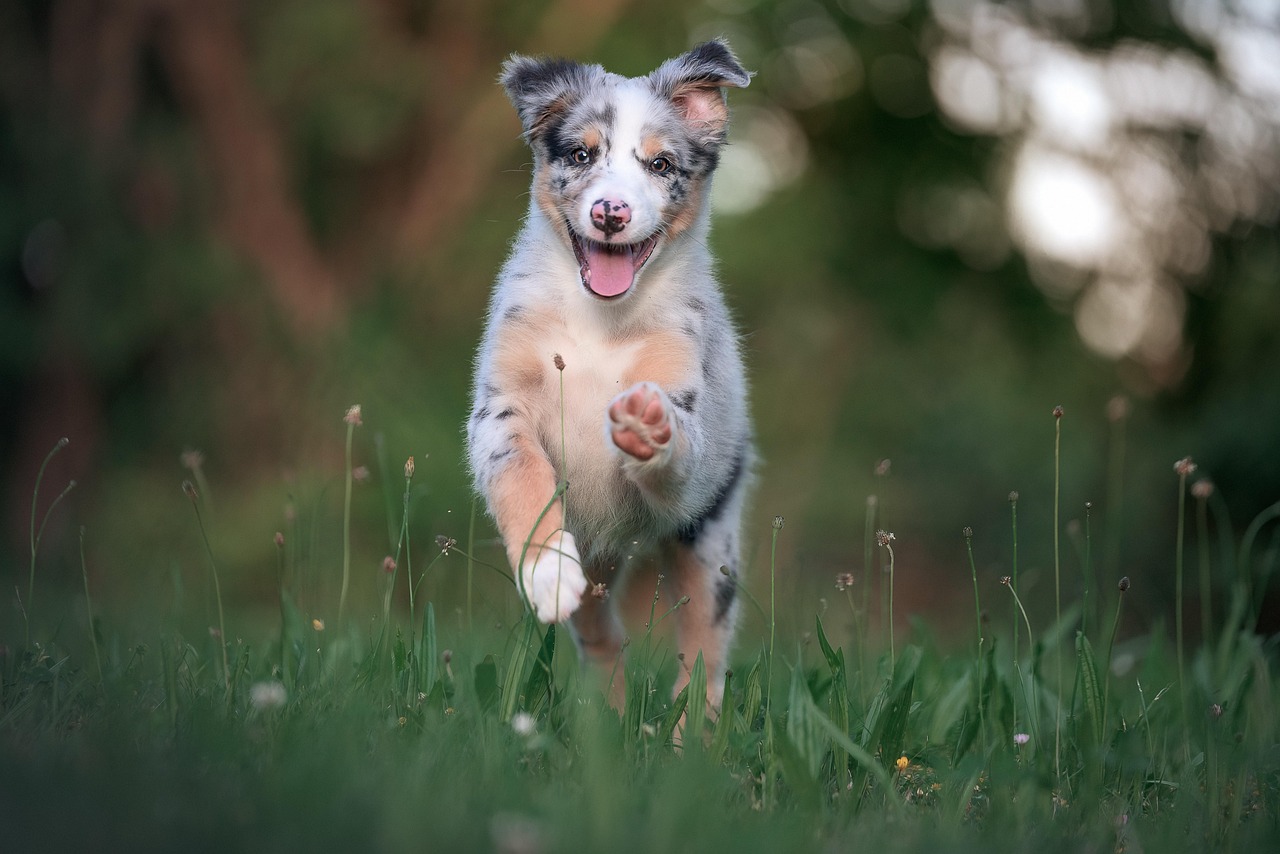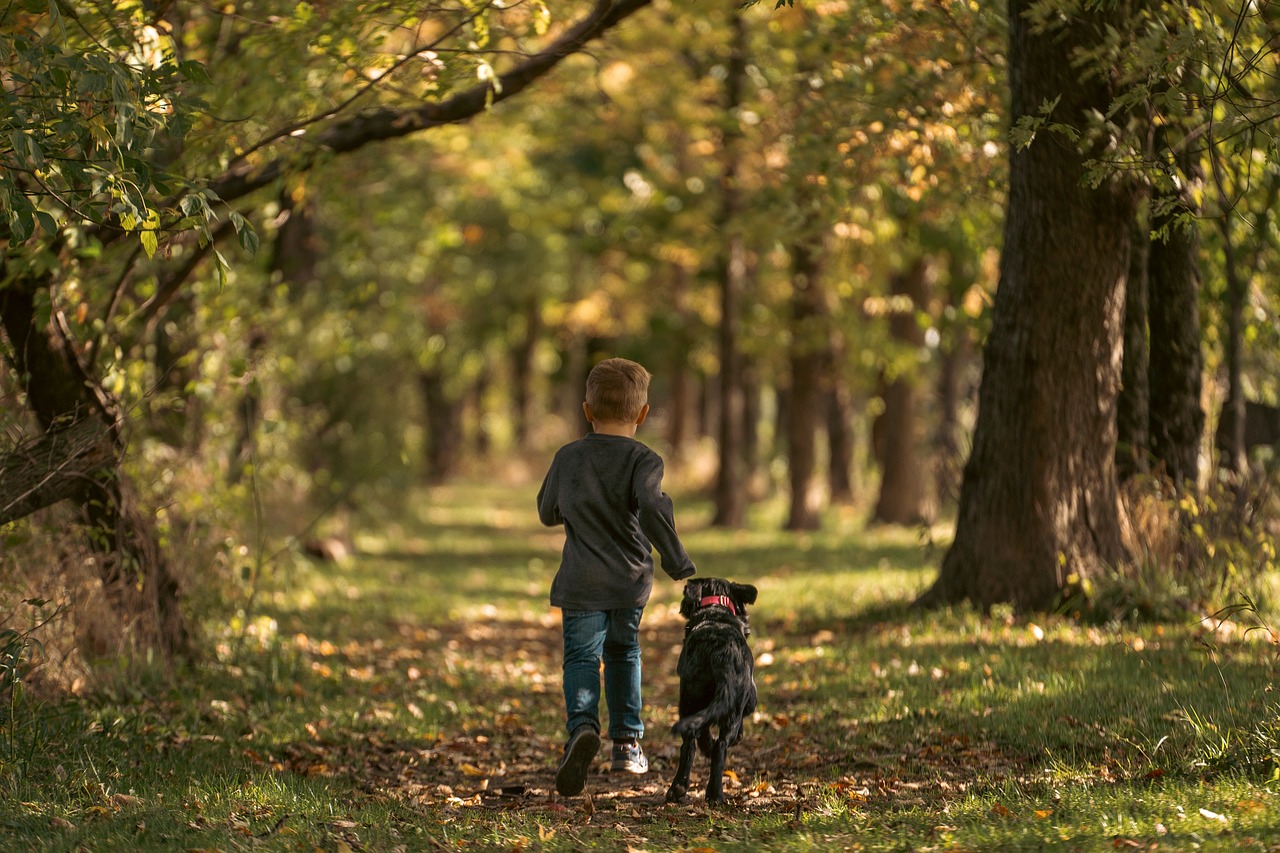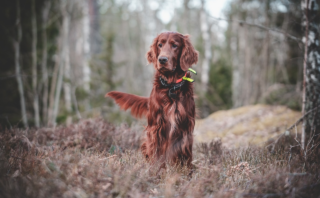Fun and Effective Ways for Kids to Train Their Dogs
An Introductory Guide to Dog Training for Kids
Teaching children how to train a dog can be a fulfilling activity that strengthens the bond between the child and the pet while teaching valuable lessons about responsibility and empathy. Dogs are not just man’s best friend; they are also fantastic companions for kids. They teach kids crucial skills and values, like patience, kindness, and care

Selecting the Right Training Methods
It’s essential that the training technique used is age-appropriate for the child. For younger children, focus on straightforward commands such as ‘sit’, ‘come’, and ‘stay’. Teenagers can handle more complex commands and even agility training. Regardless of the complexity level, positive reinforcement techniques should be the cornerstone of training. These involve rewarding the dog for good behavior, which motivates repeating it. For example, when a dog correctly follows the ‘sit’ command, it can be rewarded with verbal praise, petting, or even a treat

Understanding Your Dog
Before initiating training, kids should first learn what to expect from their canine companion. It’s critical to understand the breed-specific behavior, as different breeds have various levels of energy, intelligence, and instinctual behavior. For instance, Terriers are known for their digging habits, while Border Collies have a natural herding instinct

Setting Training Goals
Setting realistic and measurable goals is vital for successful dog training. These goals will depend on the dog’s age, breed, and the child’s capability. For younger children, a good first goal might be teaching the dog to sit on command. For teenagers, it could be something more advanced like housebreaking a puppy

Training Instructions
Begin with easy instructions that the dog can comprehend. A dog’s attention span is typically short, so it’s best to keep sessions brief but frequent. Usually, a few daily sessions of 5-10 minutes each should suffice. Encourage the child to consistently use the same words and gestures for individual commands to avoid confusing the dog.
The dog’s attention should be drawn towards the child while giving a command. Kids can call the dog’s name to grab its attention before stating the command word clearly and confidently. They should praise or reward the dog immediately once it accomplishes the command correctly

Never underestimate the power of play in training a dog. It makes learning fun and reduces the pressure on both the child and the dog.
FAQ
1. At what age should a dog begin its training?
Training can start as early as 8 weeks of age. However, these should be short, fun sessions with one simple command at a time.
2. How can I encourage my child to participate in dog training?
Children are usually motivated through positive reinforcement. Emphasize what they are doing well rather than criticizing them. Make the training sessions fun and applaud improvements.
3. My child is getting frustrated because our dog doesn't follow the commands. What should I do?
Encourage patience and consistency. Dog training takes time and every dog learns at its pace. Remind your child of the successes they have achieved and the progress they have made.
Conclusion
Dog training for kids not only helps in disciplining the pet, but it is also a great way to educate children about responsibility, compassion, and hard work




